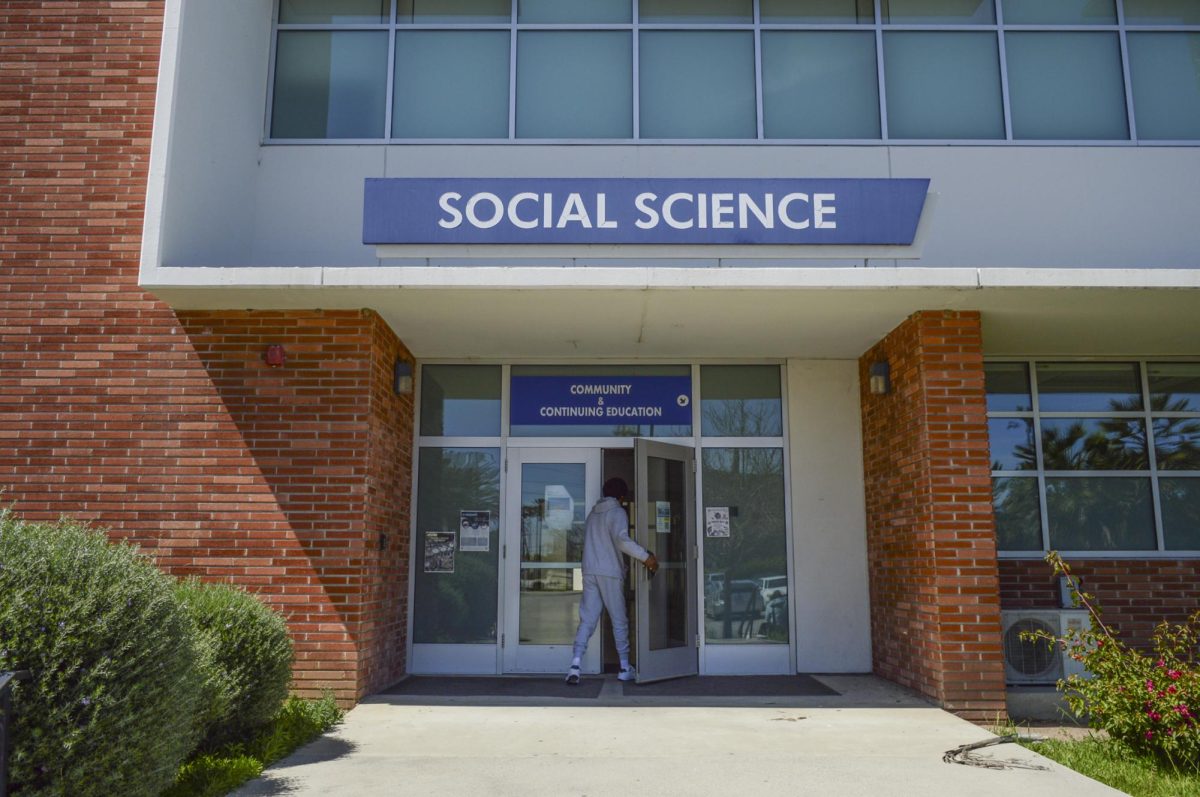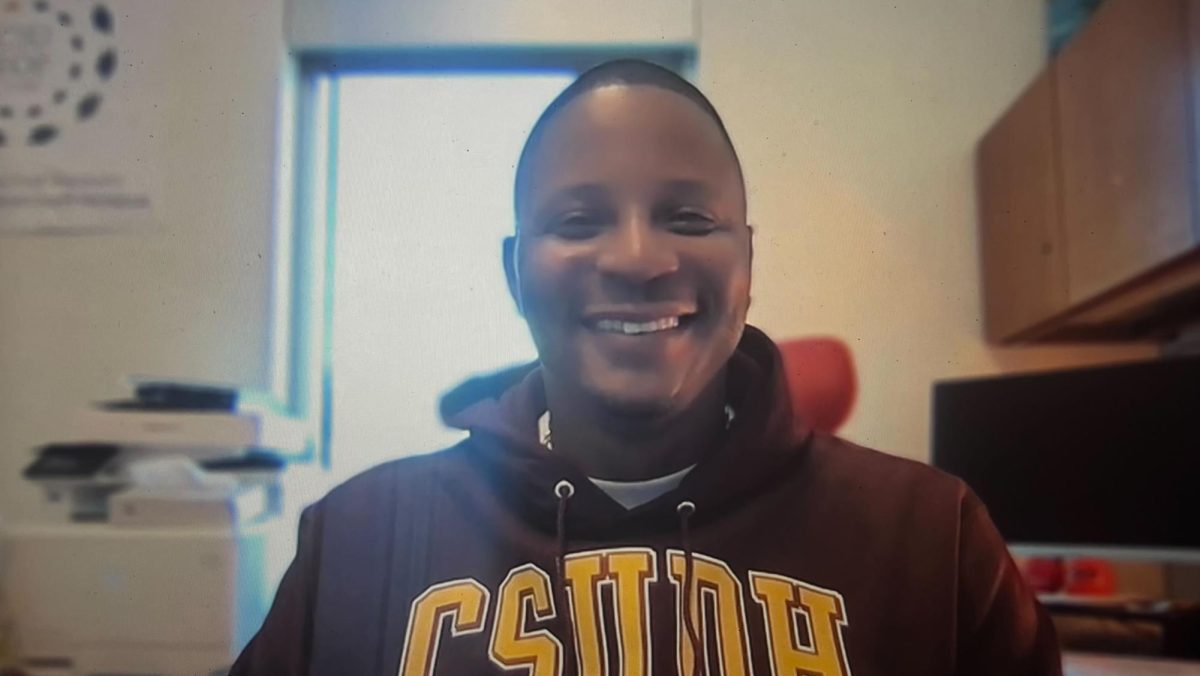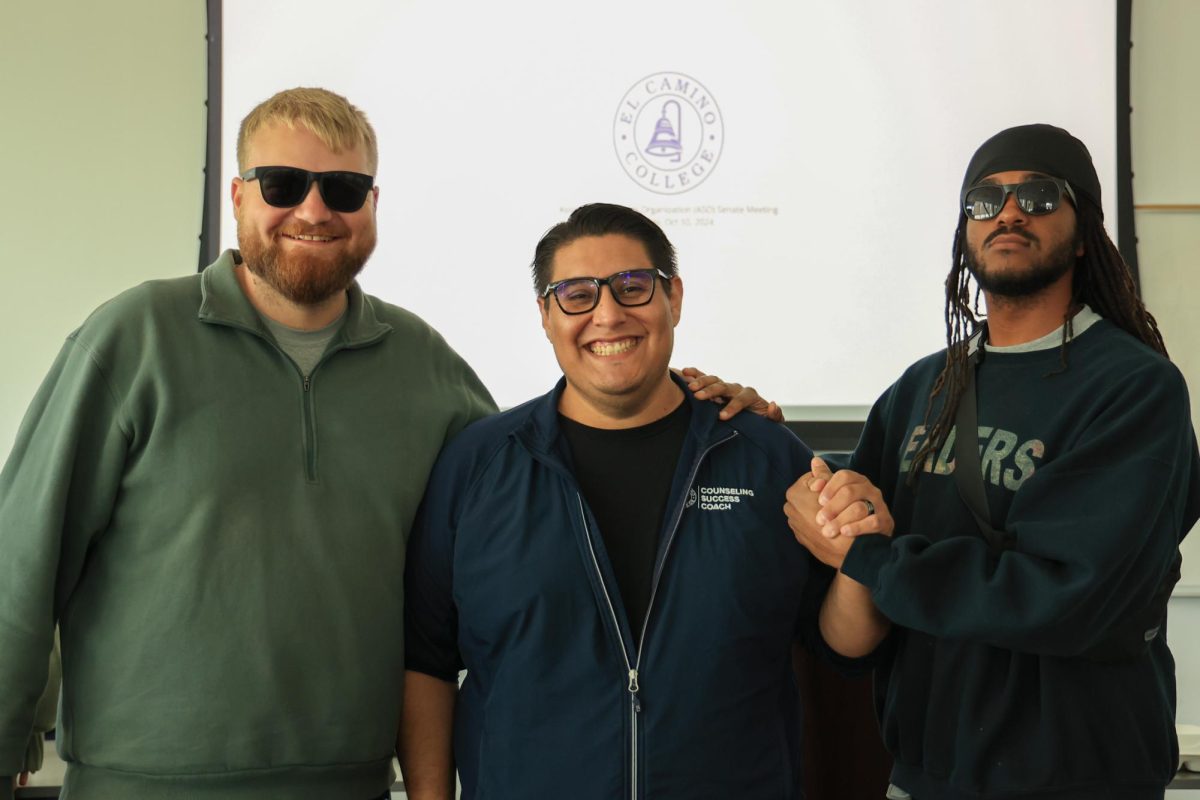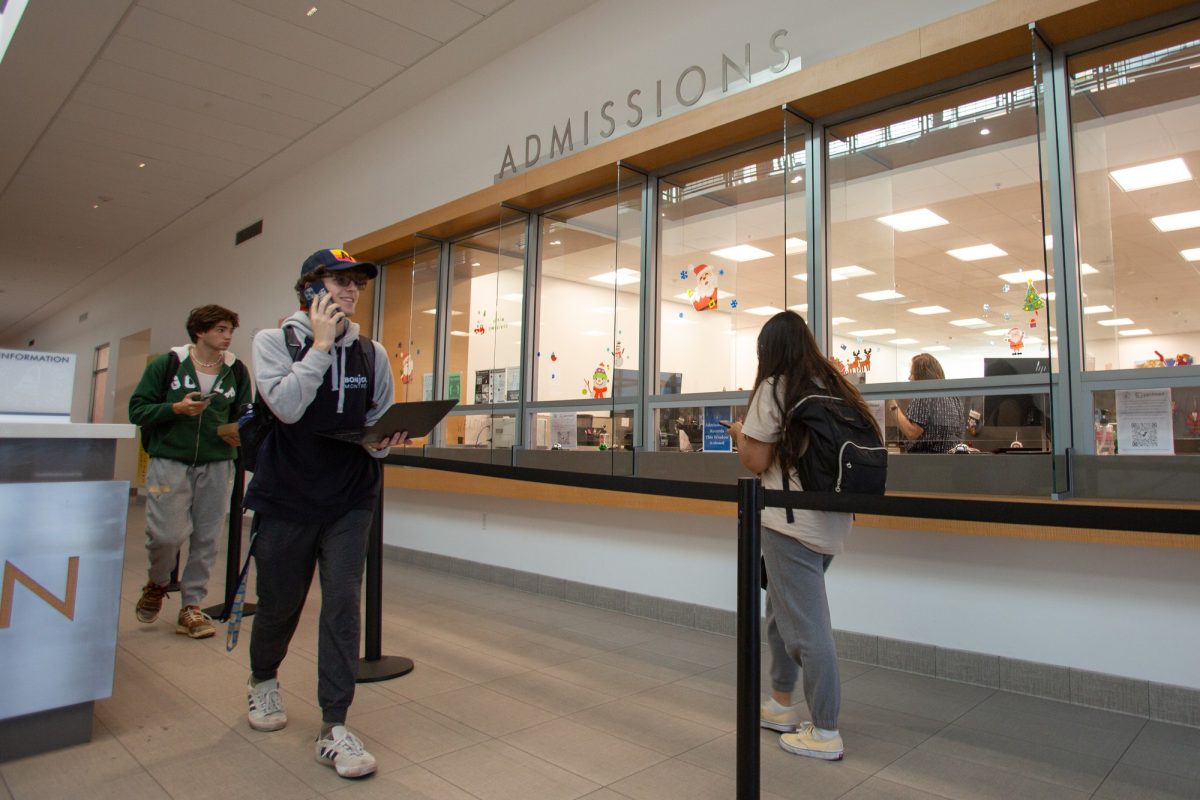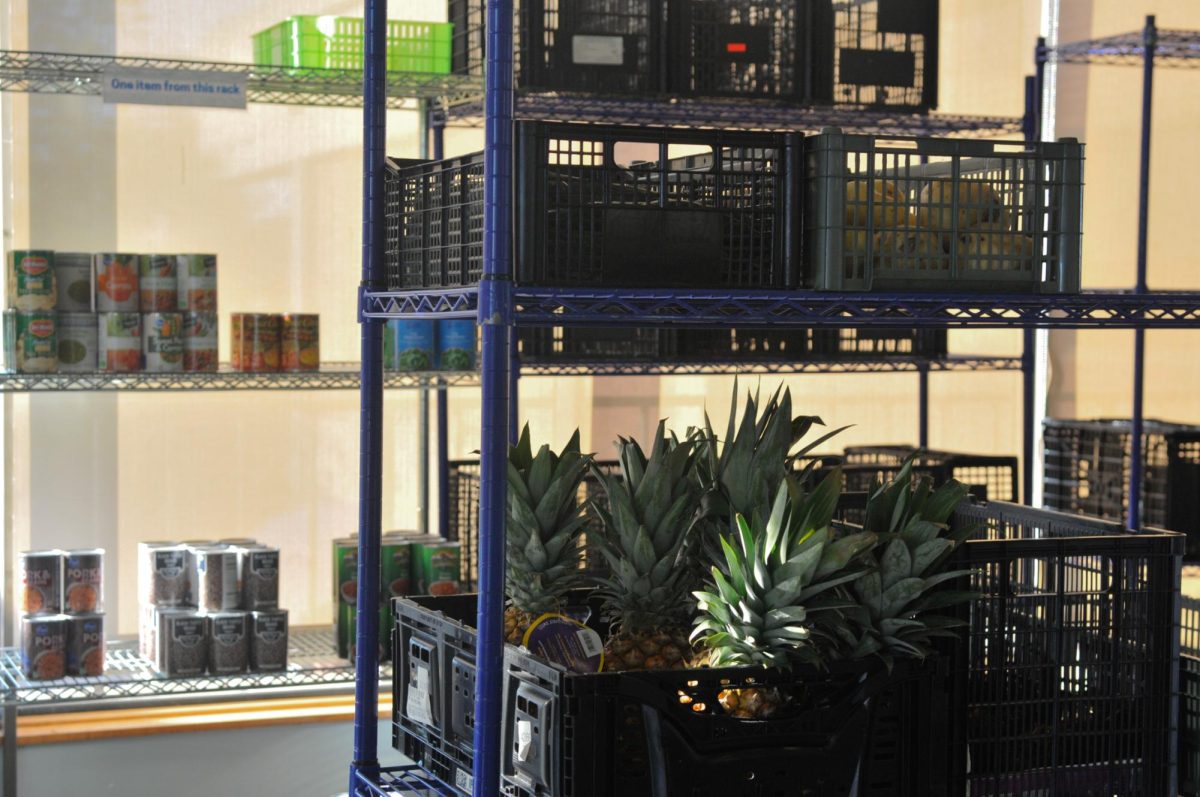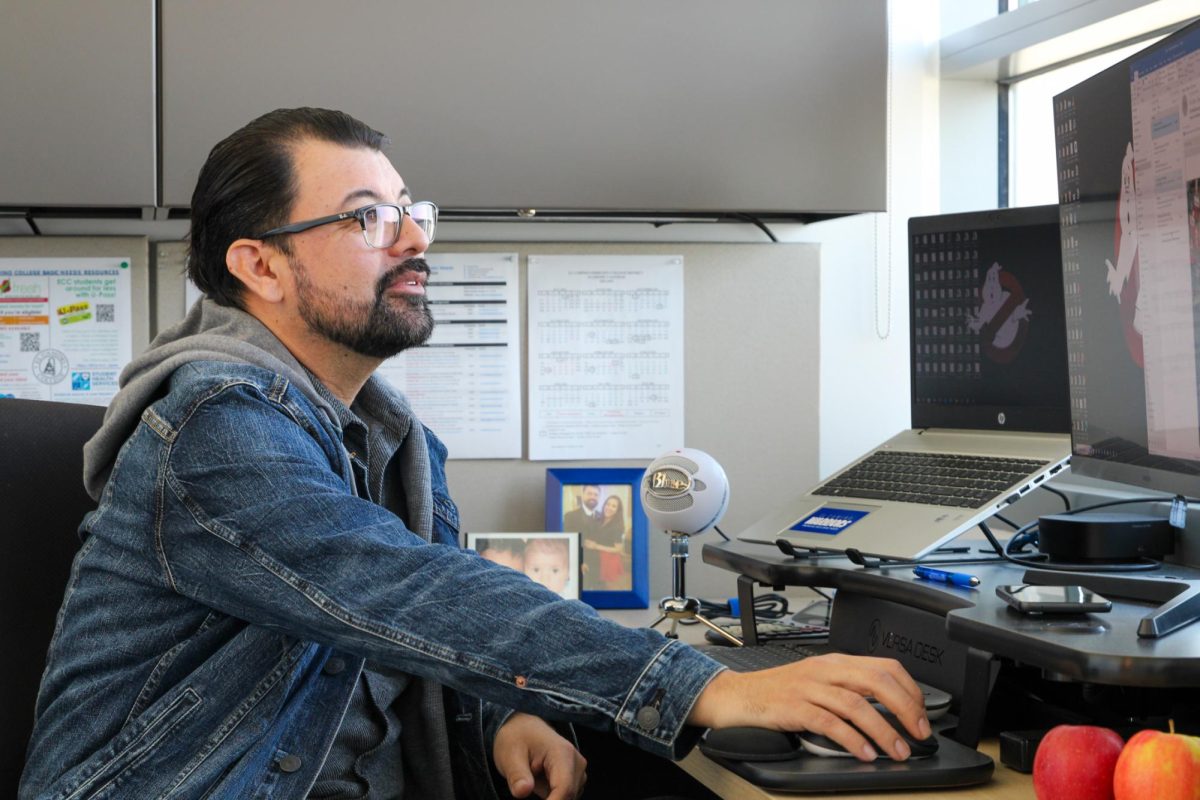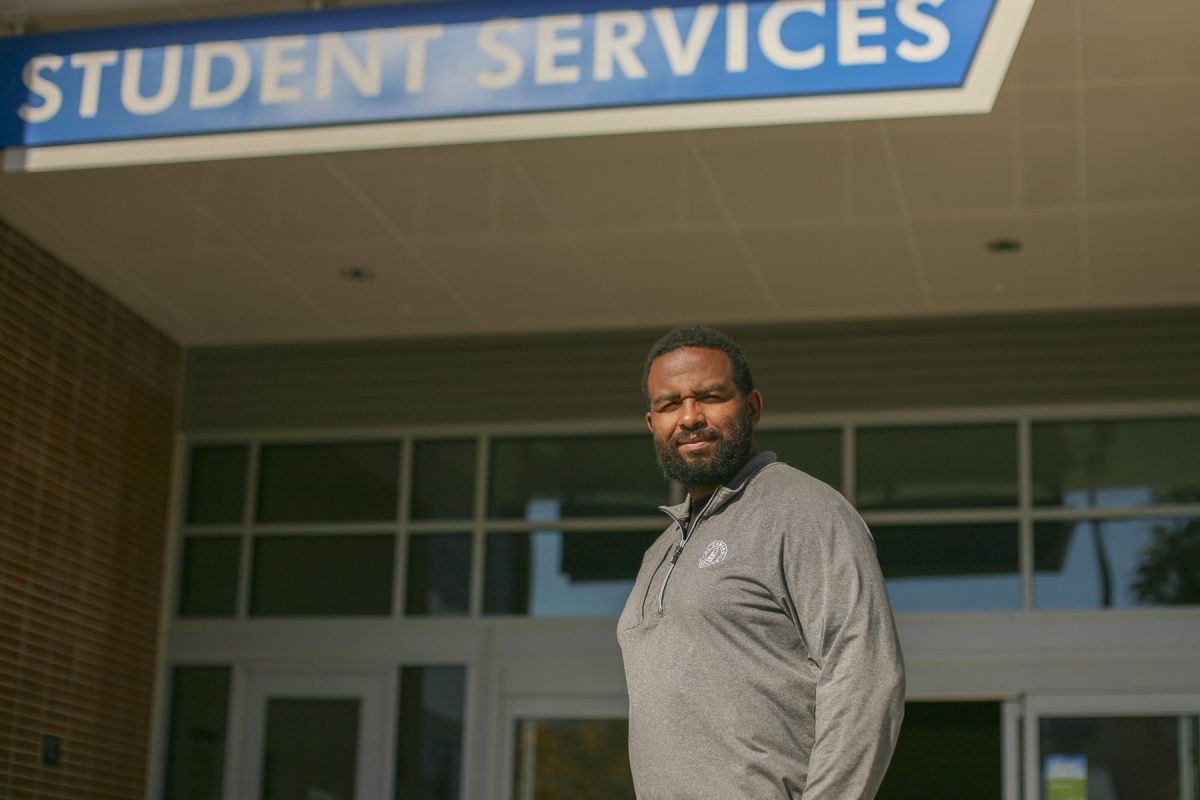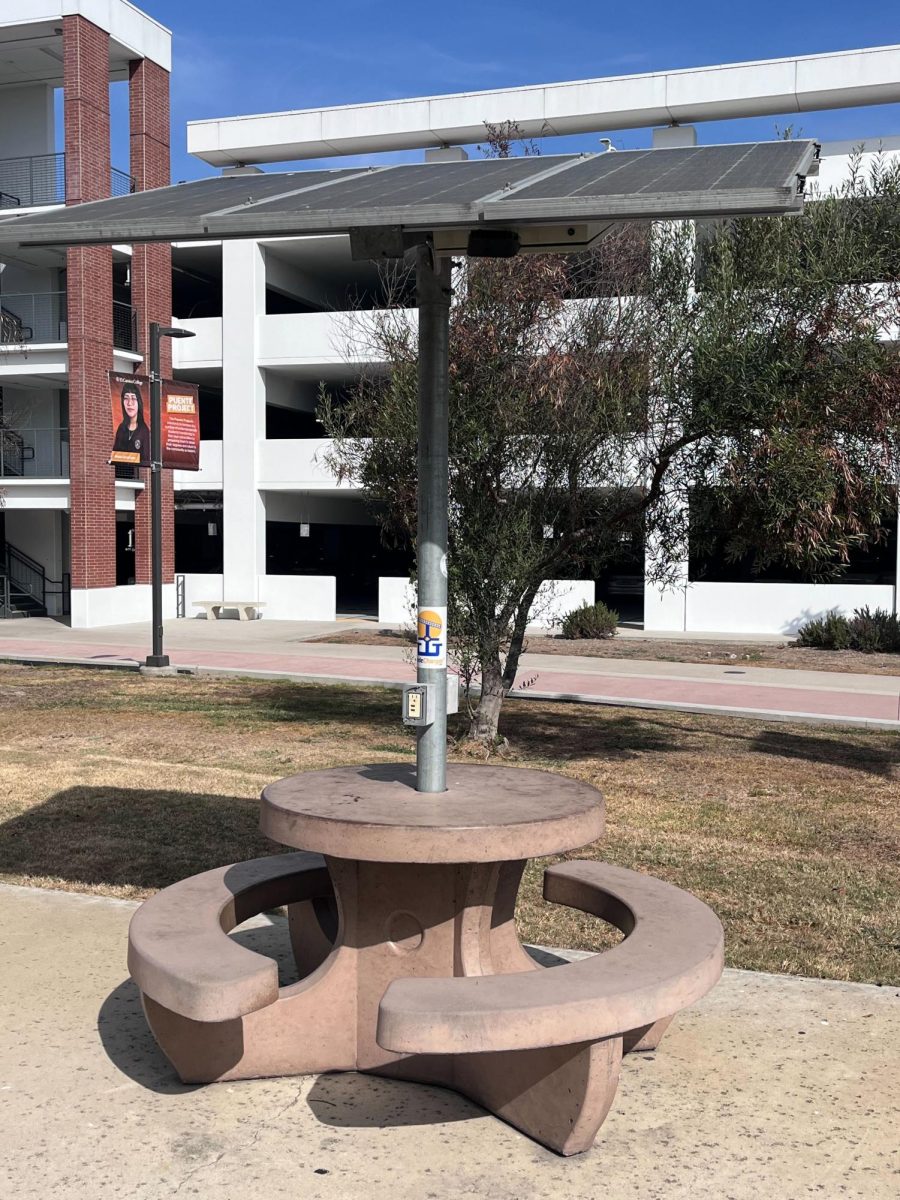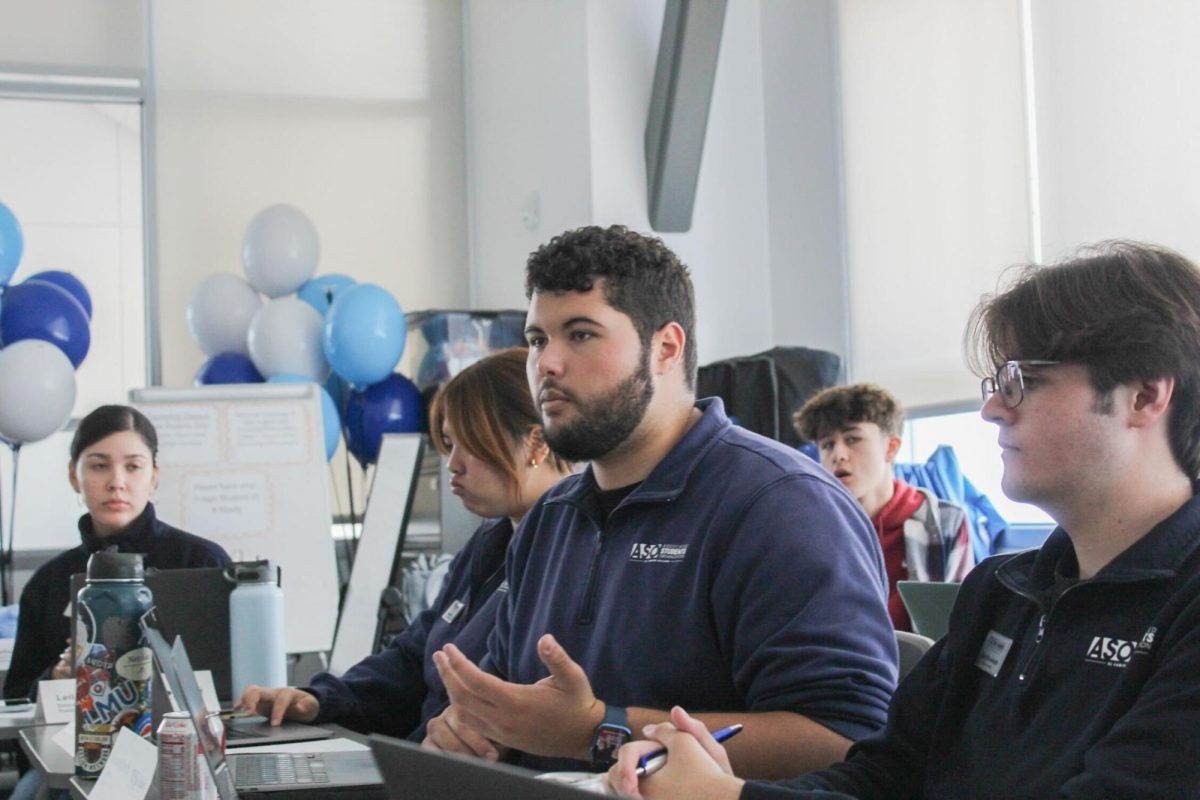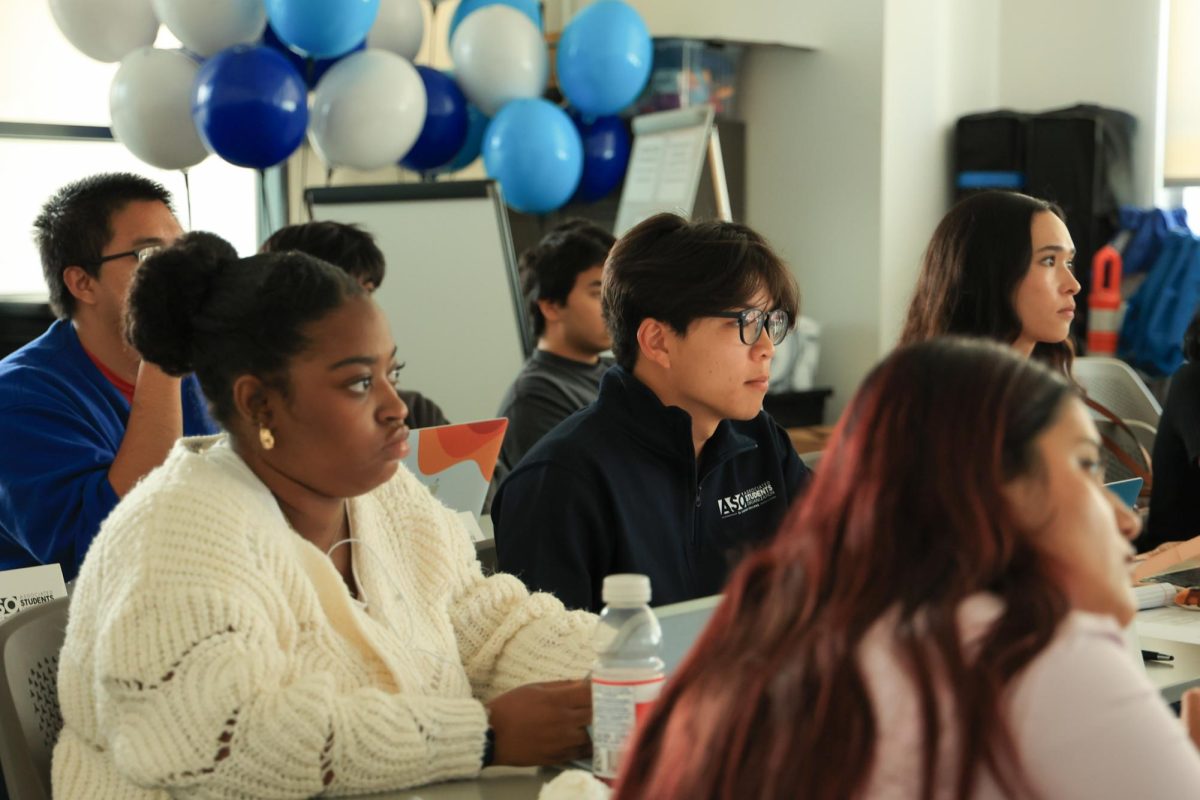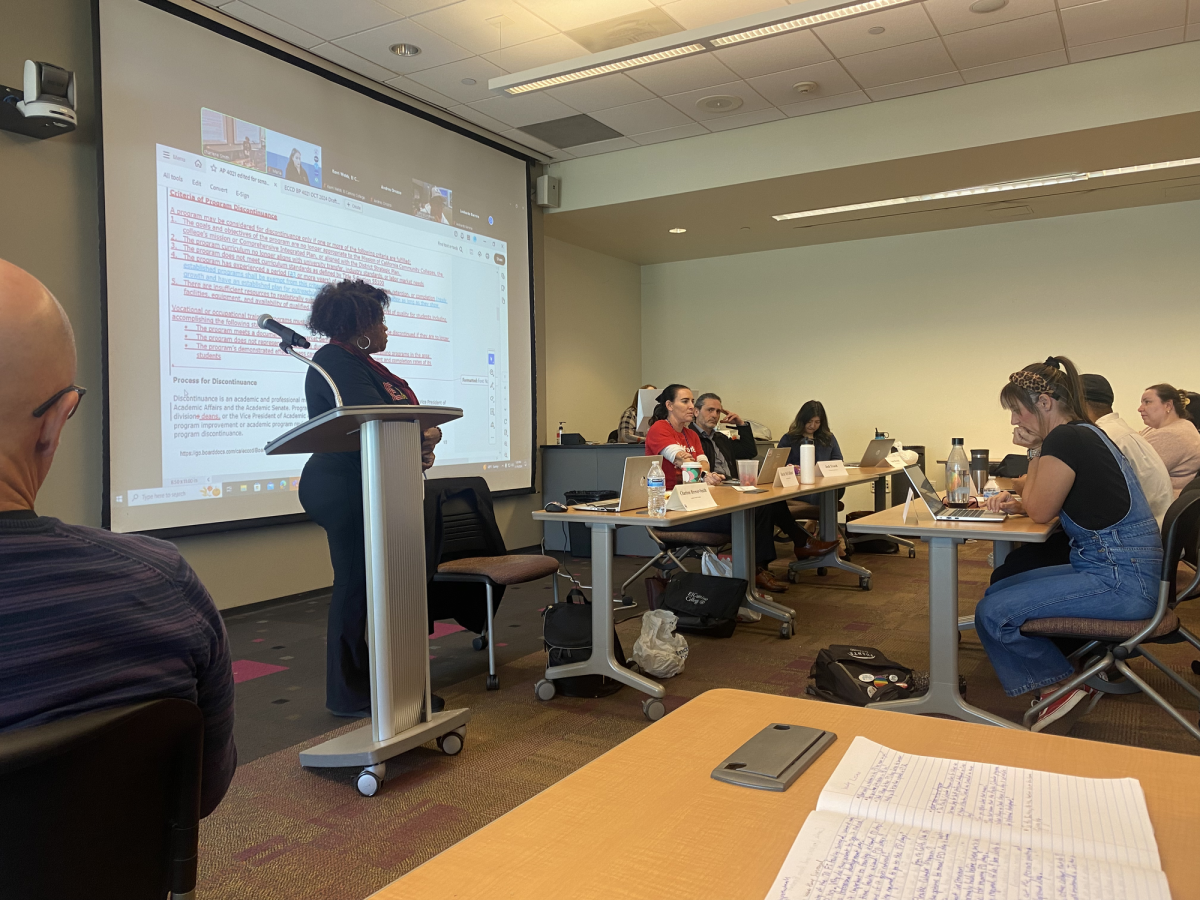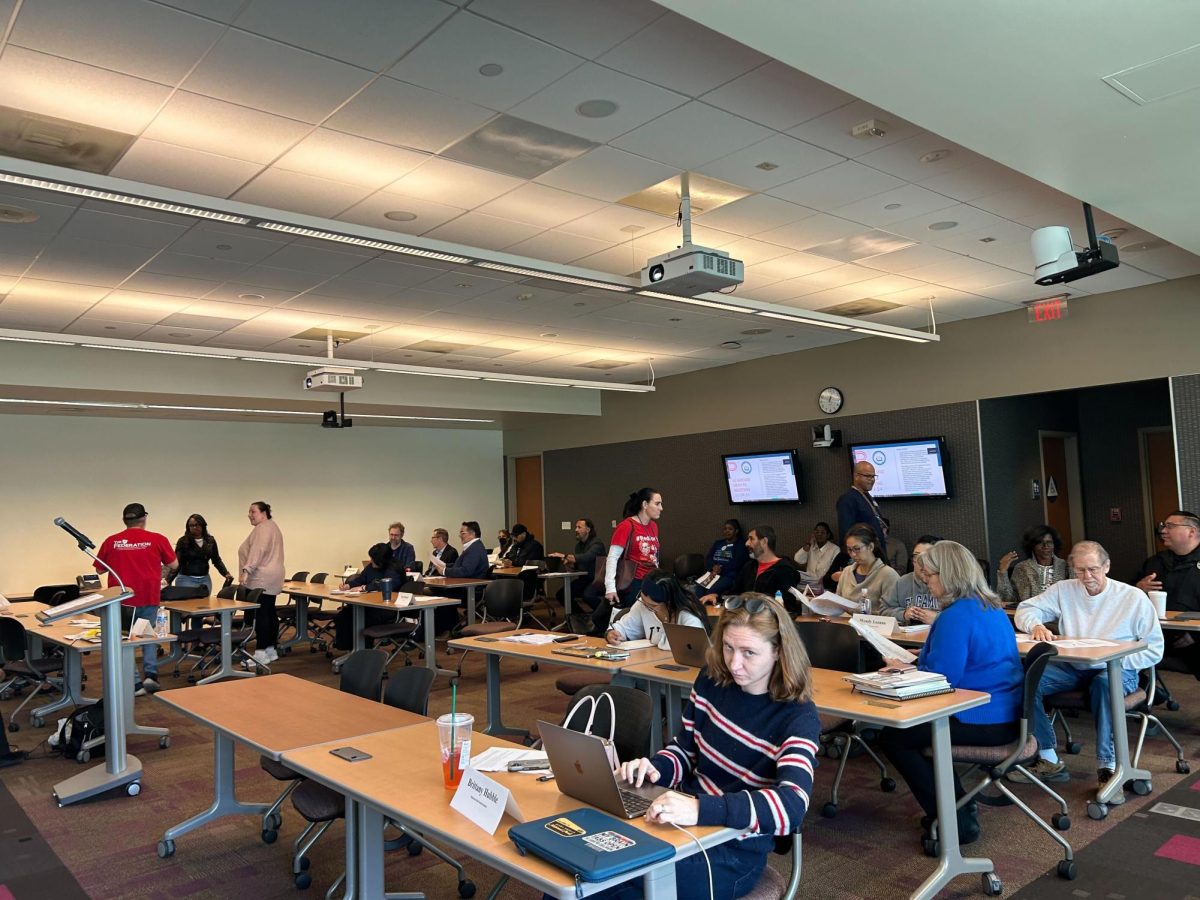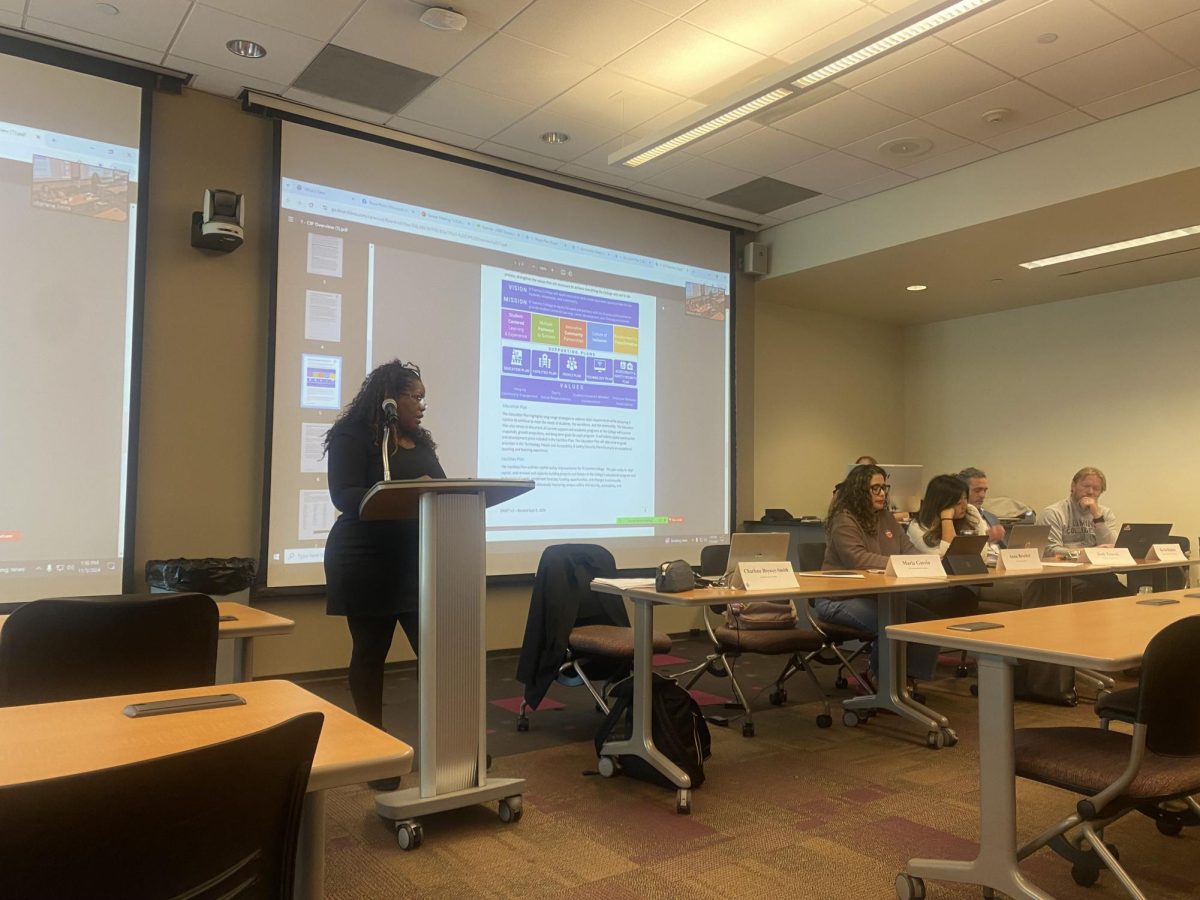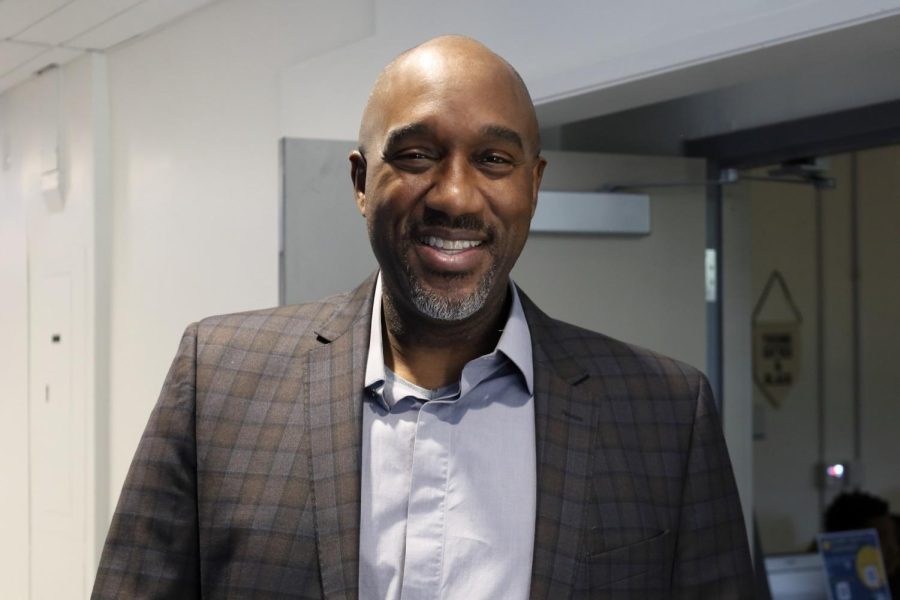The Community Education Office relocated to the Social Science Building on campus, becoming the Community Education and Continuing Education Office.
Now the office is offering more services to further benefit students academically.
The decision for the move was made in November 2023, after the the El Camino College administration chose to combine the two departments together.
“The intention of merging these two into one department is that they’re often serving similar populations of our community, and it’s to give the community members we’re trying to reach a location on campus to go and receive the help they need to get into these different classes and programs that they’re interested in,” Crystle Martin, dean of Library and Learning Resources, said.
The office was originally located in the Communications Building and was moved to the new location in February 2024, made possible by grants received from sponsors in the local area and from the state.
“We [have] some adult education grants that work with the South Bay Adult School, and we are part of the adult education consortium in the South Bay,” Martin said.
Educational assistance given to students through this office includes fee-based career training programs and career-specific classes pertaining to the Community Education segment, such as Phlebotomy Technician and Pharmacy Technician courses.
Free non-for-credit skill-oriented courses pertaining to the Continuing Education portion, such as English as a Second Language, are also offered.
Two major programs that are in progress in the Continuing Education sector are the General Education Development program and the High School Diploma program.
“The General Education Development program is a series of 4 exams that a person has to pass, which covers four major concepts, Mathematical Reasoning, Science, Social Studies, and Reasoning through Language Arts,” Maricela Sandoval, the associate dean of Library and Learning Resources, said.
This program is designed for individuals who already have some knowledge about the concepts covered but who have not received their high school diploma.
The High School Diploma program is an alternative to the General Education Development program where if students do not have much knowledge about the general subjects being taught, they can instead go at their own pace and learn and complete all of the needed material and coursework in order to obtain their diploma.
“These kinds of programs do not follow the traditional college curriculum and last only for a few weeks instead of a semester,” Veronica Mendoza, the program assistant for the Community Education and Continuing Education office, said.
There are as few as 10 students, or up to a maximum of 20 in each class, which allows for continuous one-on-one support to every person to ensure that they understand the material and are able to pass the courses, Mendoza said.
More courses and programs will be announced and introduced starting next semester up to the 2025 fall semester.
“I think it’s important for them to know about us and we hope [that] as they learn about us, that it’ll inspire them for lifelong learning,” Mendoza said. “We want them to continue to learn for the rest of their lives, because there’s always something that you can learn.”


